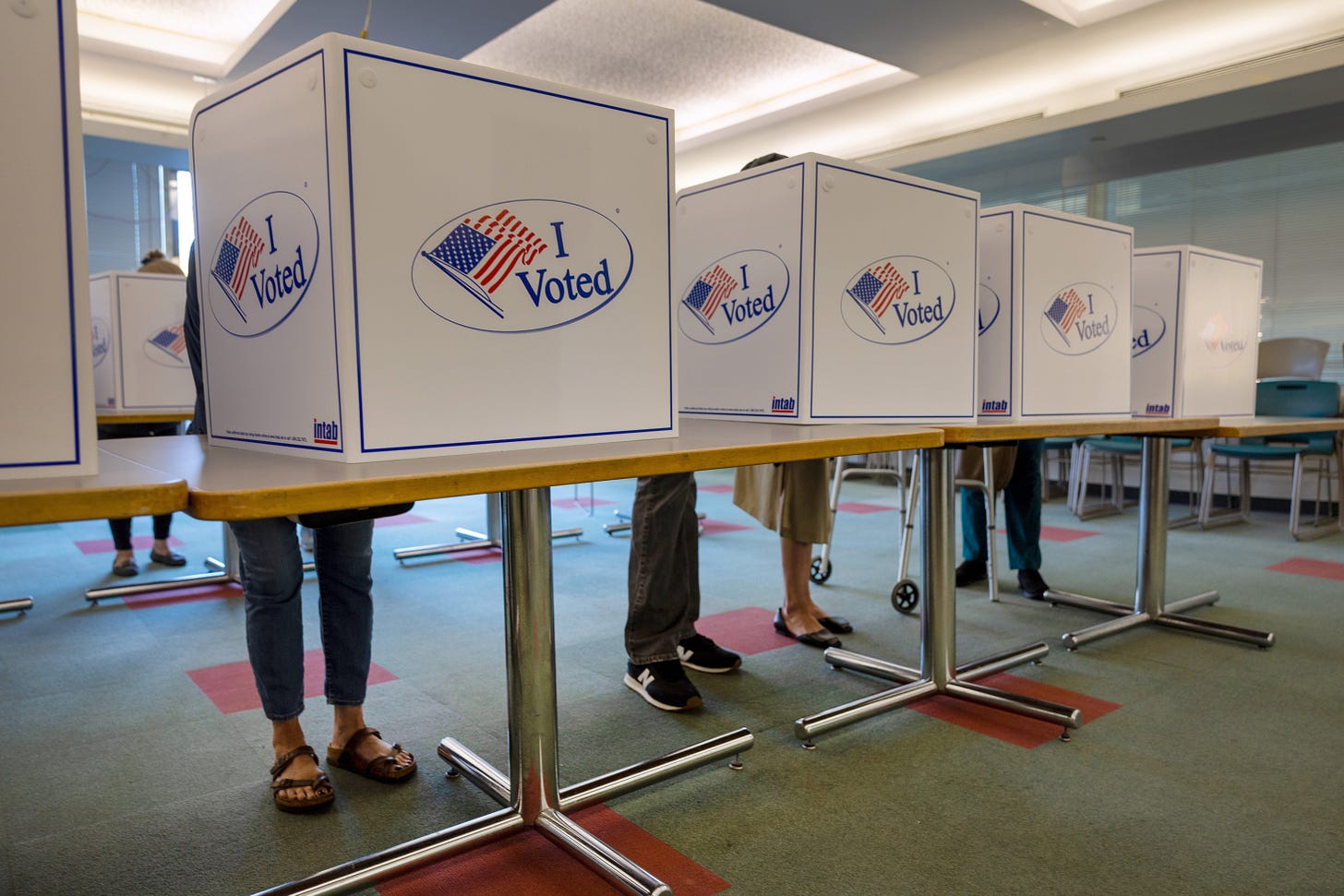Meta's Threads is 'overrun' with liberal election fraud conspiracies
Thousands of users have amplified baseless claims of hacked voting machines as Democrats become more comfortable embracing denialism

Over the past several days, Meta's Threads has become inundated with liberal election fraud conspiracies.
The conspiracies range from skepticism about vote tallies in key swing states, to allegations of a criminal coverup by Biden to force the Democrat…



